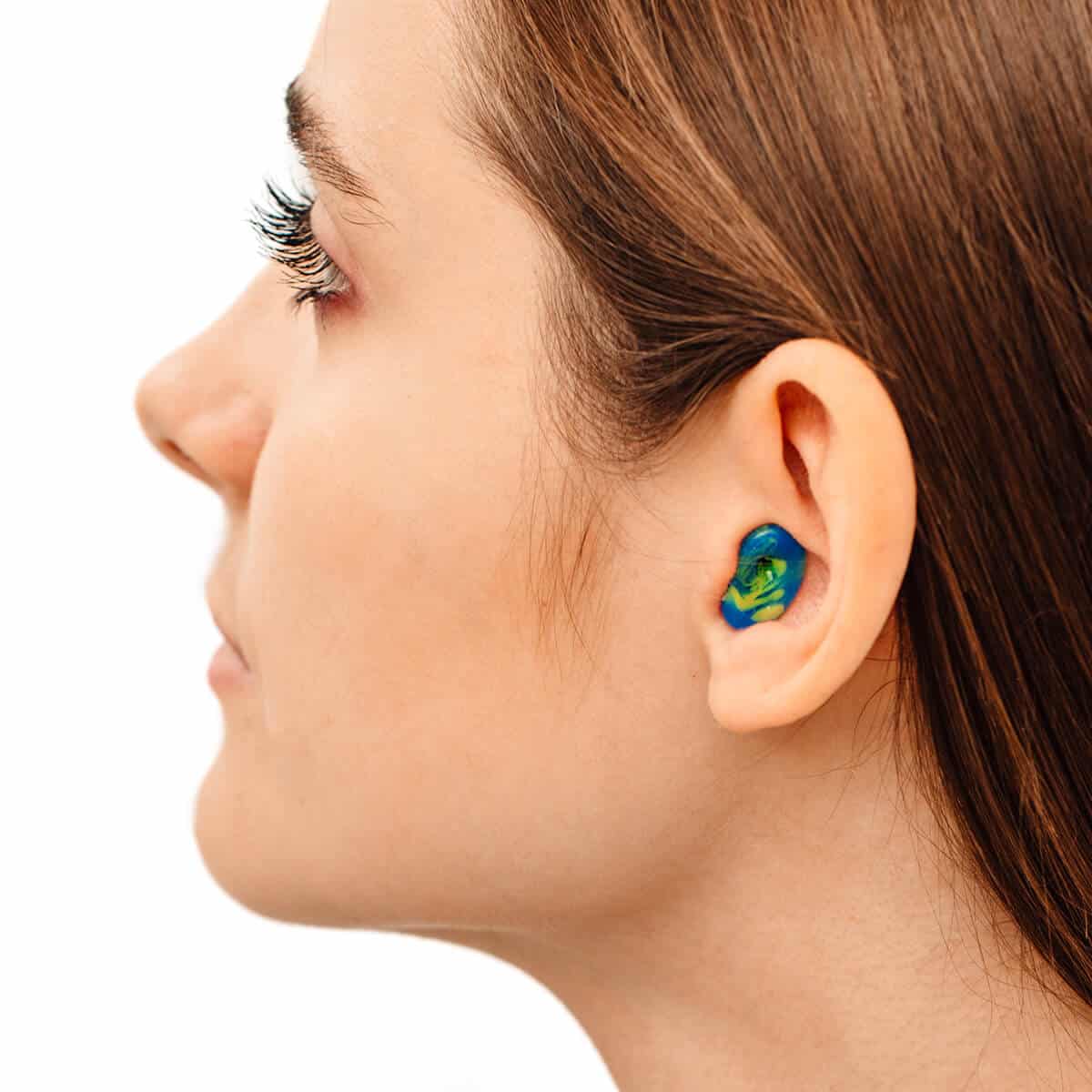Custom Hearing Protection
Among the most common types of hearing loss is noise-induced. Sensorineural forms of hearing loss, such as noise-induced hearing loss, occur in 23 percent of people over the age of 65. However, noise-induced hearing loss is 100 percent preventable, unlike other causes. We measure sound in decibels (dB). When a sound is 70 dB, even after prolonged listening, it will not cause hearing loss. However, prolonged exposure to sound at or above 85 dB can lead to hearing loss, and the louder the sound, the less time you can spend in the presence of it until there is hearing damage.
Recreational noise - the new danger
We have become more mindful of the danger of noise in our work environments after laws were introduced in the 1970s to deal with workplace noise. But once we get home or think about what to do over the weekend after a long day's work, many tend to forget that harmful noise is still around.
Here are some familiar recreational noise sources:
Sporting activities: According to a study published in the American Journal of Audiology, in a sporting event, decibel levels can range from 105 to a damaging 130. In one football game, Seattle Seahawks fans hit a record total of 131.9 decibels, setting a world record for crowd noise. At these noise levels, hearing loss takes 1 to 15 minutes to develop. When you know that the typical football game lasts three hours, this isn't comforting news.
Outdoor shooting: A discharge from most weapons hits 132 dB quickly, so it is safe to conclude that after a person fires a single shot without using hearing protection, some permanent hearing loss has already occurred.
Live and recorded music: There is growing concern about the rising noise levels in leisure environments such as restaurants, bars, and cafes. Music is increasingly listened to at inappropriate amounts and for longer times since the advent of smartphones. Regular involvement in these activities raises a significant risk of irreversible hearing loss.
What are the warning signs of hearing loss?
As mentioned above, the effects of noise are cumulative, and we should not take them lightly. When you find yourself in this situation, make sure your hearing is protected.
Exposure to extremely loud noise can cause sudden hearing loss. More frequently, however, we develop noise-induced hearing loss gradually over many years. You may not notice it at once, or you may be tempted to predict the effects on your own. Look for these signs:
- It sounds you hear are distorted
- You find it hard to understand what people are saying, even if you can hear them.
- You are beginning to recede from social events because they are exhausting to be at.
- You listen to the TV louder than other members of your family.

We provide custom hearing protection.
Knowing how noise is impacting you is the secret to protecting your hearing. The next move is to block the entry of as much noise into your inner ear as possible. Know this: if you have to scream to be heard, the place you are is too loud. You're going to need to get away from the sound and cover your ears somehow.
Over-the-counter ear plugs will significantly help protect you, but in addition to unparalleled longevity and comfort, custom-fit earplugs give superior protection.
As the name implies, custom hearing protection is designed to suit your ear's unique size and shape. They are made of silicone and can be used for years before being replaced.
We provide the following kinds of custom-fit hearing protection:
Swim Plugs: Water exposure while swimming may lead to water trapped within the ear canal, possibly causing 'Swimmer's ear' inflammation or infection. Our protective devices prevent the ear canal from water entering.
Hunter Plugs: A single gunshot can result in permanent hearing loss, which is why it is so important to use hearing protection for those who enjoy hunting, shooting, and other weapons sports. Our protective hunting systems, designed for hunting and other high-level noise impact situations, feature a valve that closes automatically after a certain noise threshold is reached. Until the weapon is fired, this still allows hunters to hear quieter sounds.
Musician Plugs: You can now listen to live music while protecting your ears and retaining the same sound fidelity. This makes it the protection of choice for performers and festival-goers.
If you're looking for the best hearing protection, contact us today to set up a fitting appointment.
![Audiology Consultants] of Panama City](https://audiology-consultants.com/wp-content/uploads/2018/04/Audiology-Consultants-of-Panama-City-1.png)
